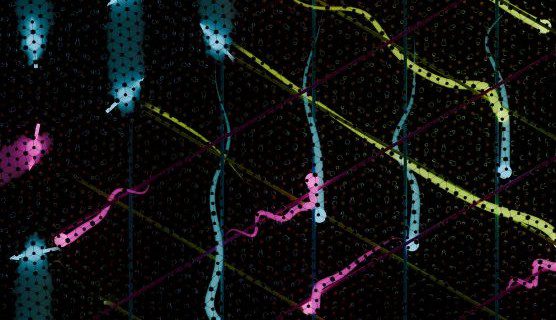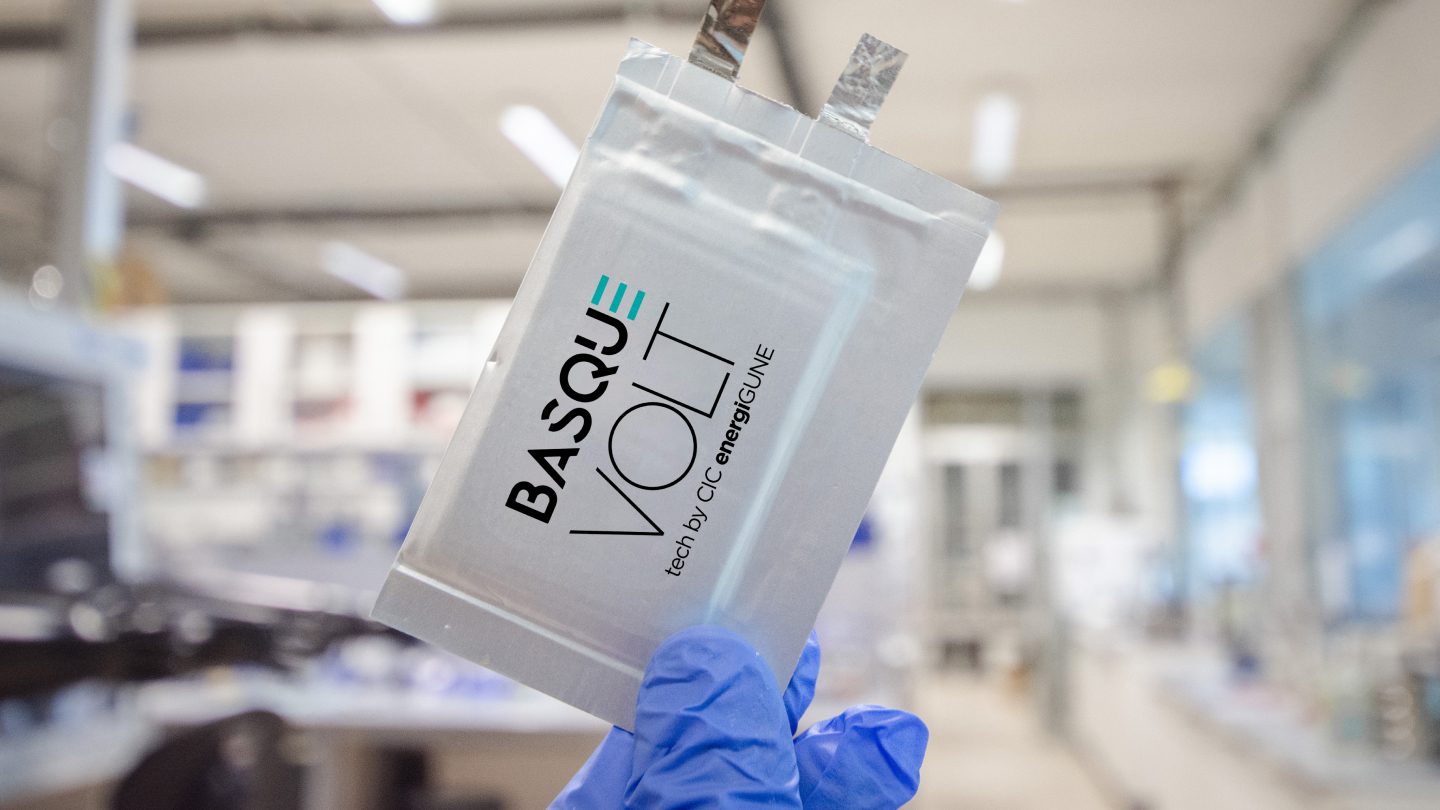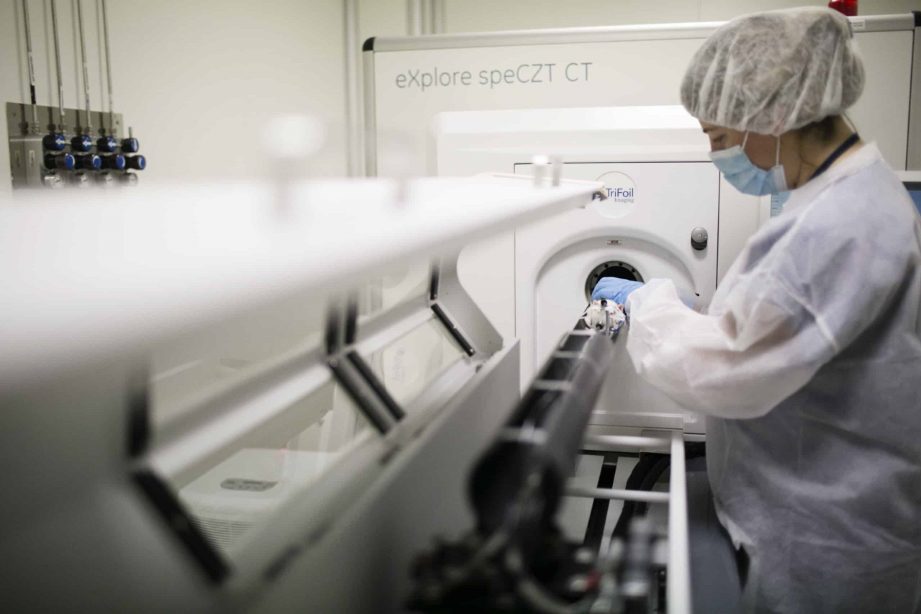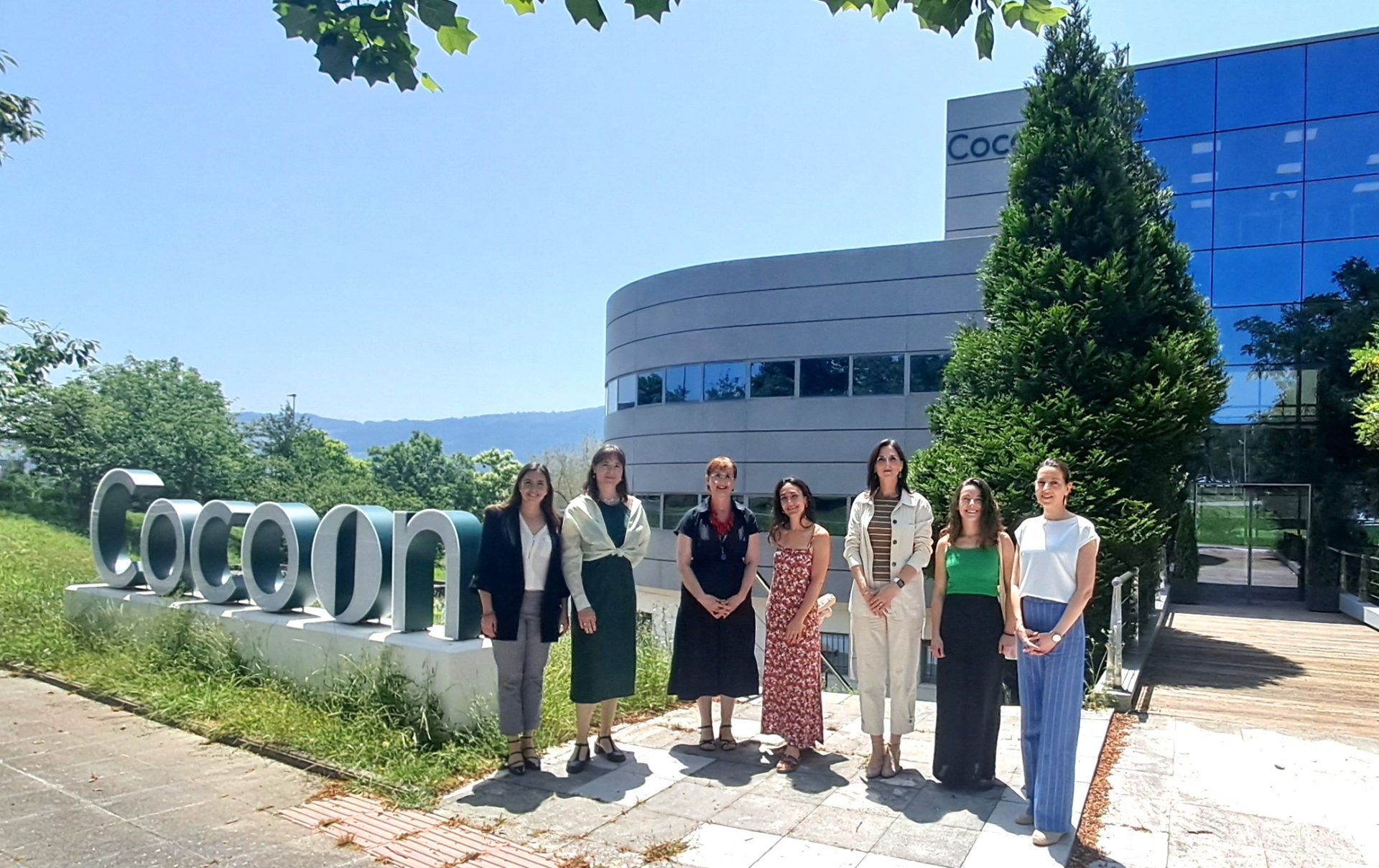The liver, target organ for SARS-CoV-2 infection
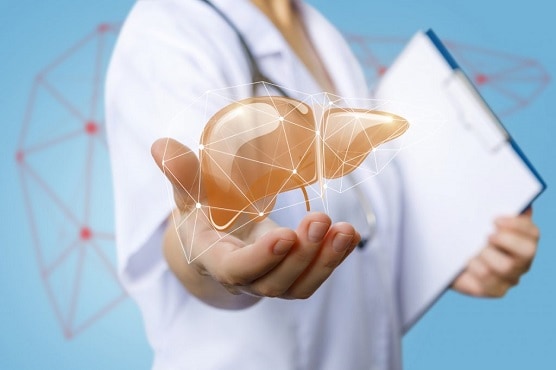
CIC bioGUNE study reveals liver as a target organ for SARS-CoV-2 infection
Steatosis increases vulnerability to SARS-CoV-2 infection
Metformin, a treatment for hyperglycaemia in patients with type 2 diabetes, reduces the infection of human hepatocytes by the SARS-CoV-2 pseudovirus
The study has been published in the international journal Communications Biology, published by Nature Publishing Group
 Severe acute respiratory syndrome coronavirus 2 (SARS-CoV-2) causes multi-organ damage including liver dysfunction identified in more than 50% of patients with COVID-19. Liver damage in COVID-19 patients could be attributed to cytopathic effects induced by the interaction between the virus and liver cells, to an increased immune response or to drug toxicity associated with the treatment of these patients, according to research carried out at CIC bioGUNE.
Severe acute respiratory syndrome coronavirus 2 (SARS-CoV-2) causes multi-organ damage including liver dysfunction identified in more than 50% of patients with COVID-19. Liver damage in COVID-19 patients could be attributed to cytopathic effects induced by the interaction between the virus and liver cells, to an increased immune response or to drug toxicity associated with the treatment of these patients, according to research carried out at CIC bioGUNE.
The study, led by the Liver Disease laboratories of Dr Malu Martínez Chantar (CIC bioGUNE; CIBER de Enfermedades Hepáticas y Digestivas CIBEREHD), and the Cancer Immunology and Immunotherapy Lab of Dr Asís Palazón (CIC bioGUNE, and Ikerbasque and ERC researcher), has shown that primary human hepatocytes are susceptible to infection by SARS-CoV-2 pseudoviral particles. This infection causes metabolic reprogramming in the liver cell with impaired mitochondrial activity and increased liver damage compatible with that observed in COVID-19 patients in the clinic.
“In the context of non-alcoholic steatohepatitis (NASH), primary human steatotic hepatocytes are more vulnerable to infection. Metformin, one of the most common therapeutic options for the treatment of hyperglycaemia in patients with type 2 diabetes (T2D), reduces the infection of primary human hepatocytes by the SARS-CoV-2 pseudovirus,” say Dr Martínez Chantar and Dr Palazón.
This work, carried out in collaboration with the University of the Basque Country (UPV/EHU), the Carlos III Health Institute, the Hospital La Fe (Valencia), the University of Valencia, the Singular Centre for Research in Molecular Medicine and Chronic Diseases (CiMUS) and the University of Lille (France), has been published in the international journal Communications Biology, from the Nature publishing group, one of the most visible journals in its field, with researchers Maria Mercado-Gómez and Endika Prieto-Fernández (CIC bioGUNE) being the first authors.
